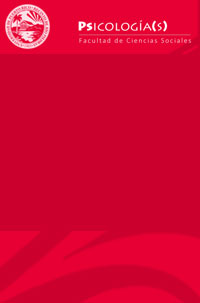Abstract
This exploratory study focused on strategies that K–12 teachers in Puerto Rico use to demonstrate self-efficacy in the classroom. A qualitative methodology was employed using the theoretical framework of Social Cognitive Theory (SCT) and Albert Bandura‘s theory of self-efficacy (1986; 2001). Semi-structured interviews were conducted with six teachers at the K–12 level at public and private schools in Puerto Rico. Five were from public schools and one was from a private school. The interview questions centered on three central aspects of self-efficacy: (1) teachers‘ notions of self-efficacy, (2) strategies teachers use to demonstrate self-efficacy in the classroom, and (3) variables that affect their ability to carry out their definition of self-efficacy. The results demonstrate strategies of self-efficacy used in Puerto Rico and their relationship to Puerto Rican culture is discussed. Recommendations for future research in the area of self-efficacy among educators in Puerto Rico are explored including curricular change, active learning techniques, integration of the social and economic backgrounds of students‘ communities and exploring the benefits of collective efficacy for school sites. Some of these recommendations are explored in the context of education in Puerto Rico post Hurricane Maria.

This work is licensed under a Creative Commons Attribution-NonCommercial-NoDerivatives 4.0 International License.

